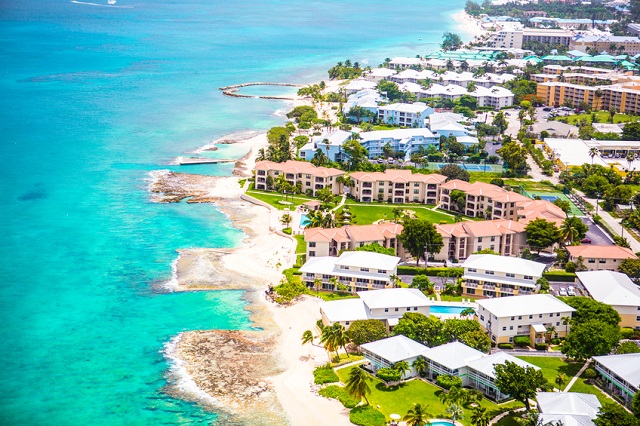On 5 December, EU finance ministers published a tax haven blacklist of 17 jurisdictions plus an additional grey list naming 47 countries and territories that have promised to address certain tax deficiencies by the end of 2018.
While the blacklist did not include any British overseas territories or crown dependencies, four were included on the grey list; Bermuda, the Cayman Islands, the Isle of Man and Jersey.
The grey list may have been a late addition to the blacklist after several jurisdictions made last ditch efforts to avoid being fully branded as non-compliant.
A spokesperson for the European Council did not respond to a request from International Adviser for comment on the inclusion of the grey list.
Grey list concerns
Aurore Chardonnet, Oxfam’s EU policy adviser on tax inequality, says it is “disturbing” to see mostly small countries on the EU blacklist “while the most notorious tax havens got away on the grey list”.
“It seems the EU’s pressure has obliged some of the most notorious tax havens like Switzerland and Bermuda to commit to reforms,” she says.
Placing countries on the grey list cannot be seen as a way of the letting them off the hook, Chardonnet says, as has happened with other blacklisting efforts in the past.
“The EU has to make sure governments on the grey list follow up on their commitments, or else they must be blacklisted.
“Only a strong blacklist with effective sanctions for the companies and wealthy individuals exploiting tax havens will help end tax dodging,” she says.
In November, Oxfam assembled its own version of the blacklist and assessed countries against the EU’s three criteria: transparency, fair taxation and participation in international fora on tax.
In doing so, Oxfam said it identified 35 non-EU jurisdictions that fail to meet at least one requirement.
In addition, it concluded that Ireland, Luxembourg, Malta and the Netherlands all failed to meet the same, single criterion: fair taxation.
Interestingly, this is the sole criterion the UAE failed, which has landed it on the blacklist.
A European Council spokesperson declined to comment on the Oxfam report.
Cayman Islands
According to news website Cayman Compass, inclusion on the grey list has left the islands in a difficult position of not knowing exactly what it has committed to.
Folllowing this uncertainty, the Compass reports Tim Ridley, former chairman of the Cayman Islands Monetary Authority, says it is only a short-term relief that Cayman is not on the blacklist.
“We now have to wrestle with the devil of the details, ie what exactly does Cayman have to do to get off the grey list and is that a price we should pay? This is the continuing challenge for our government in this unending saga,” Ridley told the publication.
South Korea protest
South Korea’s finance minister Kim Dong-yeon said the government had sent a letter to the EU protesting the country’s inclusion on the blacklist, The Korea Times reports.
“We plan to take appropriate measures since there is no problem at all in Korea’s tax policies according to other international standards,” he said.
The EU Council says South Korea was included on the list as it has: “harmful preferential tax regimes and did not commit to amending or abolishing them by 31 December 2018”.
South Korea argues this is wrong and it does currently meet stringent OECD standards to prevent harmful preferential tax regimes.
“It is infringing on taxation sovereignty by pressuring non-EU member countries to accept EU criteria,” Kim said to the Times.
click through the to next page to see the full grey list.








